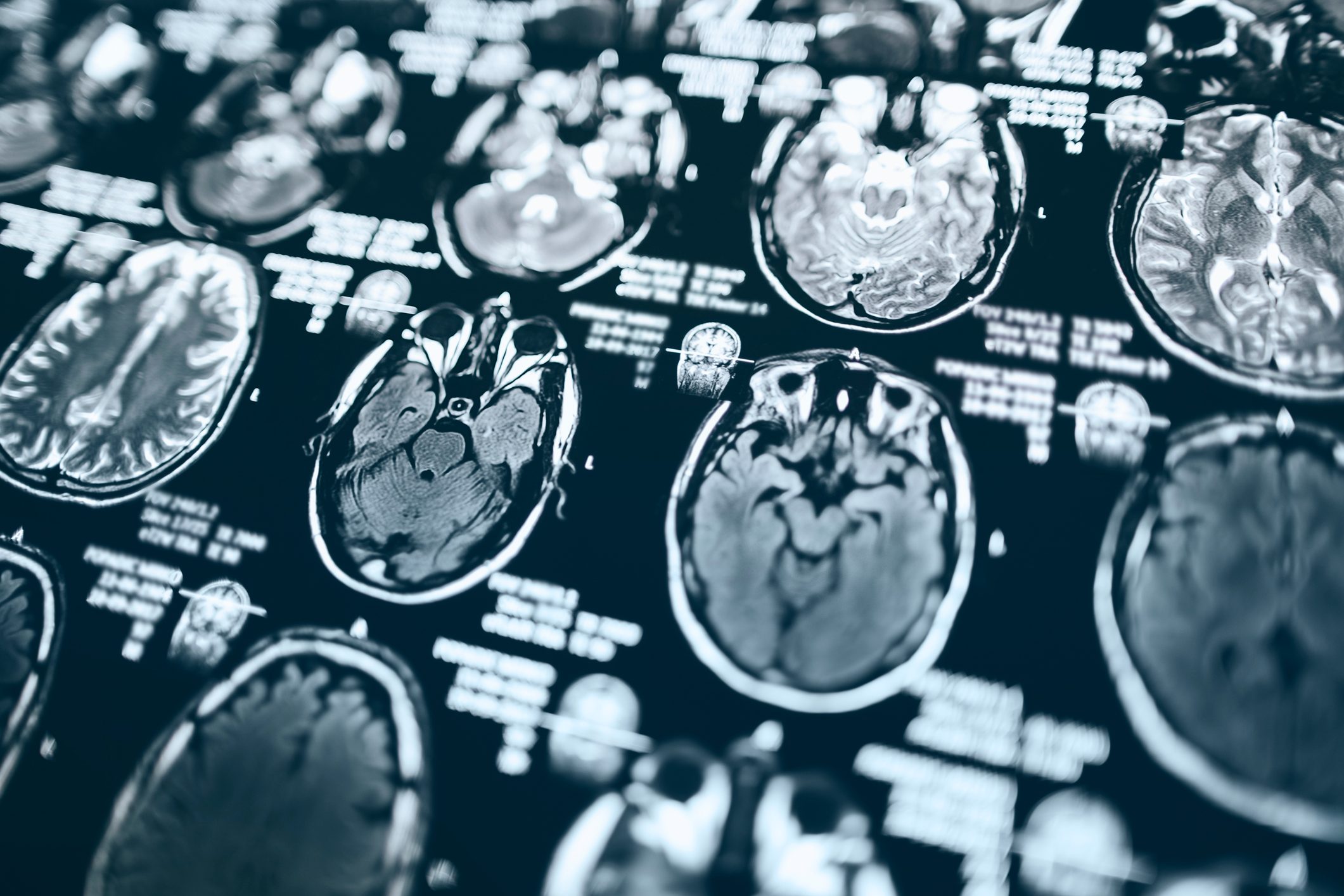University of California doctors used MRIs to study brain deterioration, and identified a few strategies that keep brains young and healthy.

New Study: People Who Do This at Night May Have Faster-Aging Brains

Cleveland Clinic sleep experts advise that “most healthy people need 7.5 to eight hours” of sleep each night. However, consistent national data have shown that more than 25% of adults fail to meet this recommendation…and that’s probably a lean estimation compared to the actual number who struggle to get easy rest.
Research has found that quality sleep promotes the repair of cells in ways that fend off cancer, keep your metabolic health stable, and support so many other systemic healthy functions—no surprise that your brain health is one of them.
An October 2024 psychiatry study published the medical journal of the American Academy of Neurology has found that getting chronically poor sleep in midlife can lead to expedited brain aging.
A team of six doctoral researchers at the University of California San Francisco collected baseline sleep data from 589 participants with an average age of 40. Five years later, they revisited those participants with a questionnaire to track regular patterns of sleep quality and duration.
Then, 10 years after that followup (which was 15 years after collecting the initial data), the researchers performed brain MRIs on those participants “to determine brain age … based on age-related atrophy.” The Cleveland Clinic suggests that brain atrophy, essentially, is deterioration of healthy tissue or a loss of neurons and the connections between neurons.
Ultimately, the researchers found that those who suffered from chronically poor sleep experienced faster brain aging. University of California San Francisco psychiatrist and study author Clémence Cavaillès, PhD, commented on the team’s findings in a statement: “Sleep problems have been linked in previous research to poor thinking and memory skills later in life, putting people at higher risk for dementia.”
Dr. Cavaillès added: “Our study … suggests that poor sleep is linked to nearly three years of additional brain aging as early as middle age.” Unfortunately, the brains of poor sleepers may experience a “biological age” that’s older than their chronological age.
So let this be a reminder of why climbing in bed and allowing yourself to wind down peacefully, with plenty of time, is one of the best ways to take care of your brain. Kristine Yaffe, MD, a member of the American Academy of Neurology and one of the study’s co-authors, offered what she suggests are the most important strategies for preventing brain deterioration from a lack of good sleep: “[…] maintaining a consistent sleep schedule, exercising, avoiding caffeine and alcohol before going to bed and using relaxation techniques.”
For daily wellness updates, subscribe to The Healthy by Reader’s Digest newsletter and follow The Healthy on Facebook and Instagram. Keep reading:
- New Study: These 3 Household Products Can Raise Your Alzheimer’s Risk
- The One Major Effect Walking Has on Your Dementia Risk, Says Research
- How High Is Your Alzheimer’s Risk? Doctors Say This 3-Minute Test May Reveal Your Chances of Dementia and Stroke
- Neurology Professor Just Listed the 9 Worst Habits for the Human Brain



















